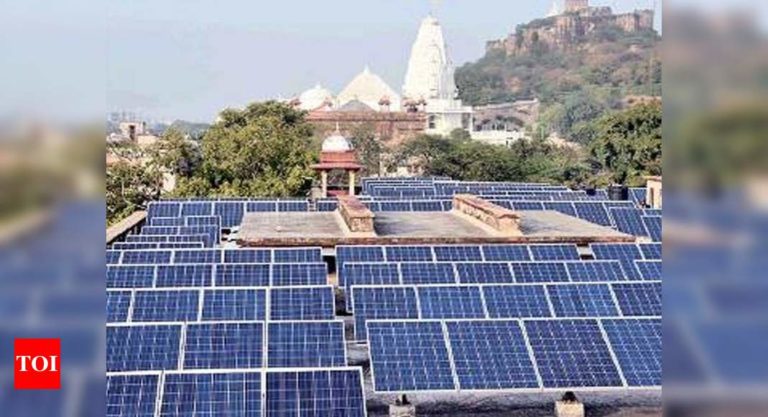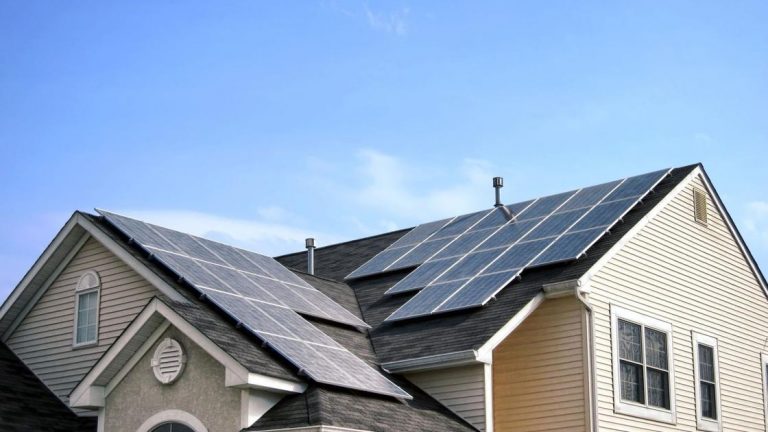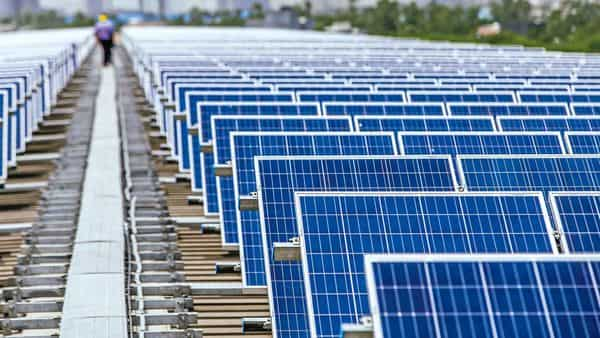Anti-Compelled Labor Measures Warmth Up Chinese language Solar System Suppliers – Worldwide Legislation – United States – Mondaq Information Alerts
United States:
Anti-forced labor measures are fueling Chinese solar system suppliers
Contents
June 28, 2021
Sheppard Mullin Richter & Hampton
To print this article, all you need to do is register or log in to Mondaq.com.
- US Customs has postponed the import of silica-based products from Hoshine Silicon Industry Co. on suspicion that the products are manufactured under forced labor.
- For future imports of solar power systems from Xinjiang, China, the United States can use WROs (Withhold Release Orders) to block entry into the United States if there is reasonable suspicion of forced labor in the supply chain.
- The renewable energy industry is working together and with regulators to find ways to certify that their supply chains are free of forced labor.
The silica products WRO
On June 24th, the White House announced the first strike against forced laborers in the solar industry. Customs and Border Protection (CBP) has issued a Withhold Release Order (WRO) that allows the import of silica-based products from Hoshine Silicon Industry Co., Ltd. and its subsidiaries stops. Hoshine is based in Xinjiang. The WRO notes that CBP has sufficient evidence that the company used forced labor to manufacture its products. As we have reported here, the importer can obtain clearance for goods subject to a WRO if the importer can satisfactorily demonstrate to CBP that the goods were not manufactured using forced labor. Such evidence can take the form of a certificate of origin from the supplier and a supply chain audit report that shows appropriate measures to combat forced labor in the supply chain.
Based on the wording of the WRO, we believe it is likely that further and more extensive import controls will follow for equipment that is critical to the solar industry.
Separately, the US Department of Commerce, Bureau of Industry and Security, Hoshine Silicon Industry (Shanshan) and four other Xinjiang companies added to the Entity List. In general, no person may export or re-export any goods, software or technology subject to US export controls to companies on the Entity List.
Finally, the US Department of Labor released a notice updating its “List of Goods Made by Child Labor or Forced Labor”. That list now includes polysilicon that was made by forced labor in the PRC. Usually the Department of Labor updates its list every two years. The fact that this update is the first outside this two-year cycle shows how seriously the Biden government takes the ongoing human rights violations against Uyghurs and other minorities in Xinjiang. It also signals that further restrictions on imports from and trade with the Xinjiang region are likely to follow.
What is a WRO?
CBP may refuse to surrender imported goods if information indicates “reasonably but inconclusive” that the goods were manufactured using forced labor.1 Forced labor is defined as “any work or service performed by a person under penalty of punishment for their non-fulfillment and for which the employee does not volunteer “as well as forced or contractual child labor.2
A WRO prevents the goods from entering the United States. Importers have two options: either export the shipments back from the US or provide information that shows that the goods were not made using forced labor. If an importer pursues the latter option, he must do so within 3 months of importation and submit a certificate of origin and a detailed declaration that the goods in question were not manufactured using forced labor, e.g. a supply chain audit report.
Further measures against forced labor are to follow
Bills passing through the US House of Representatives and the US Senate would impose various restrictions related to the Xinjiang Uyghur Autonomous Region in China, including banning certain imports from Xinjiang and imposing sanctions on those who are there for human rights abuses are responsible.
Legislation or other executive measures could prohibit the entry of goods manufactured or manufactured in Xinjiang into the United States unless CBP (1) determines that the goods were not manufactured through criminal labor, forced labor, or an employment contract under criminal penalties; and (2) report such a decision to Congress and the public.
In addition, law may require issuers of securities to file annual or quarterly reports with the Securities Exchange Commission to disclose cases where the issuer has knowingly engaged in activities related to Xinjiang, such as: B. working with a company that builds detention facilities or surveillance systems there. The President would then review these disclosures to determine if sanctions or criminal charges are warranted.
How the renewable energy industry is responding
We know US renewable energy industry associations work with overseas suppliers of modules and other silica-based products. The aim is to identify suppliers who can prove that their goods are free from forced labor and to enable them to adequately document their processes.
From our point of view, these efforts are important. One difficulty, however, is that CBP is insufficiently staffed to respond to large-scale forced labor problems and the timeline for importing US renewable energy projects is often tight. So it remains to be seen whether proactive solutions on the right scale can be established in good time to protect future imports to supply industry.
Footnotes
1 19 CFR § 12.42 (e)
2 19 CFR § 12.42 (a).
The content of this article is intended to provide general guidance on the subject. You should seek expert advice regarding your specific circumstances.
POPULAR ARTICLES ON: United States International Law
The Case for Compliance with Global Trade
Braumiller Law Group, PLLC
Holistic is a word rarely associated with the highly regulated world of global trade compliance, but it is a fitting word to describe a successful compliance program.
Sanctions: what are they good for?
Morrison & Foerster LLP
When words are too weak and war too costly, sanctions are increasingly the means by which countries around the world punish bad behavior. However, what they achieve often seems to fall short of the stated goals.
May 2021 commercial law update
Husch Blackwell LLP
Find out more about the following updates in international trade and supply chain law in Husch Blackwell’s May 2021 Commercial Law Newsletter:






